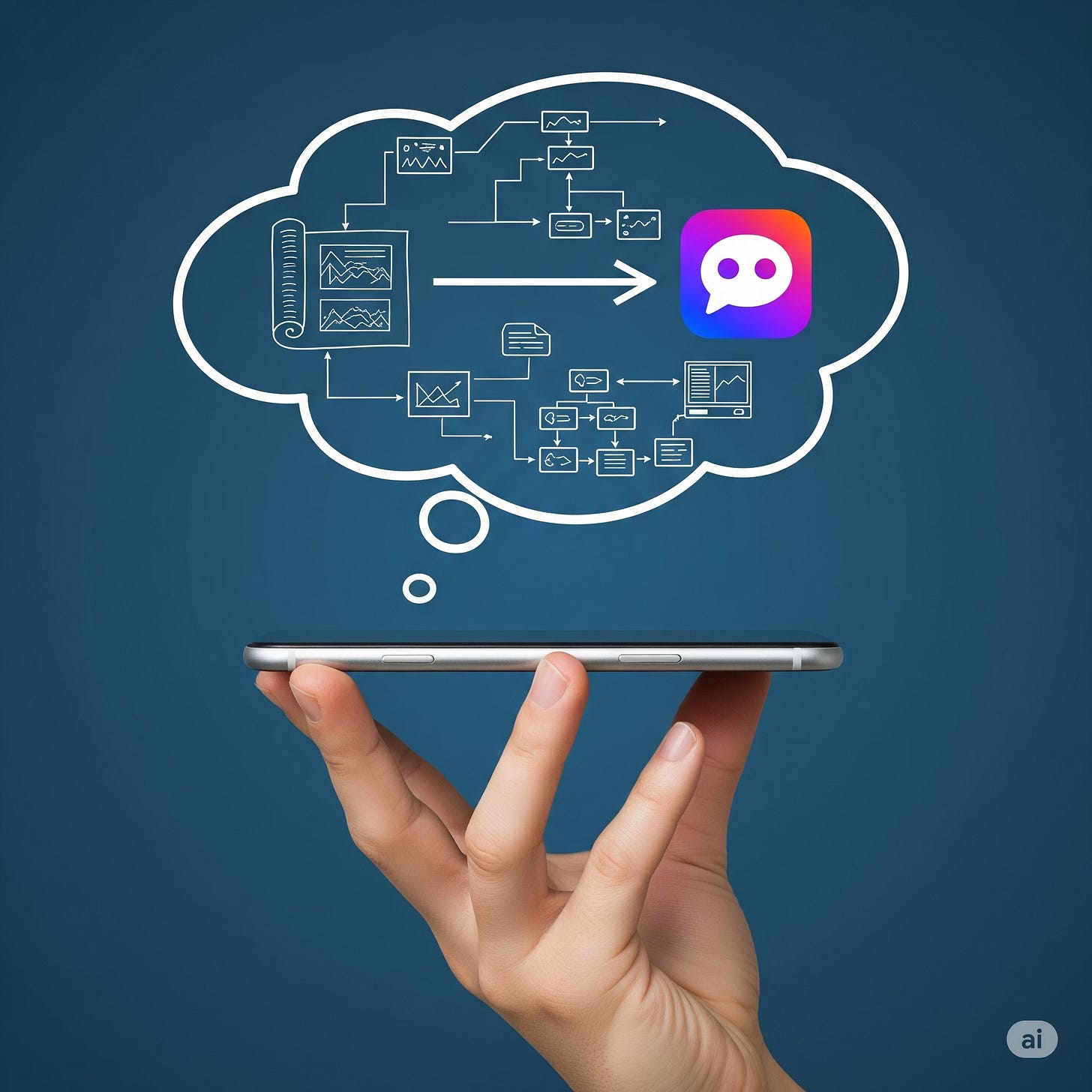The Ultimate Guide to Planning Your Mobile App Development
Don't build blind! Learn the essential steps and best practices to strategically plan your mobile app, ensuring success from idea validation to launch and beyond. 💡📱
The Ultimate Guide to Planning Your Mobile App Development
Developing a mobile app can be an incredibly rewarding venture, transforming an idea into a powerful tool that solves problems, entertains, or connects people. However, jumping straight into coding without a solid roadmap is like setting sail without a compass – you might drift aimlessly or, worse, hit an iceberg. Many app projects fail not due to a lack of technical skill, but due to insufficient planning.
At Functioning Media, we believe that a well-planned beginning is half the battle won. This guide will walk you through the ultimate steps and best practices for planning your mobile app development, ensuring a smooth journey from concept to a successful launch.
Why Planning is the Cornerstone of App Success 🤔
Think of planning as laying the foundation for your app's skyscraper. Without a strong foundation, even the most beautiful building is destined for trouble. Proper planning helps you:
Validate Your Idea: Ensure there's a real market need for your app before investing significant resources.
Define Scope & Avoid "Scope Creep": Clearly outline what your app will and won't do, preventing uncontrolled feature additions that inflate costs and timelines.
Mitigate Risks: Identify potential challenges early on and develop strategies to overcome them.
Optimize Budget & Timeline: Make informed decisions that keep your project on track and within financial constraints.
Align Stakeholders: Ensure everyone involved – from developers to marketing – is on the same page regarding goals and expectations.
Enhance User Experience: A planned approach focuses on the user from the outset, leading to a more intuitive and enjoyable app.
The Ultimate Steps to Planning Your Mobile App Development: 🛠️
Let's break down the critical phases of app planning:
Phase 1: Idea & Market Validation
Define Your Core Problem/Value Proposition: What problem does your app solve? What unique value does it offer that no other app does? This is your "elevator pitch."
Conduct Thorough Market Research:
Target Audience: Who will use your app? Understand their demographics, needs, pain points, and behaviors. Create detailed user personas.
Competitor Analysis: Who are your direct and indirect competitors? What are their strengths and weaknesses? What are users saying in their reviews? This helps you identify gaps and differentiate your app.
Market Trends: Are there emerging technologies (AI, AR, IoT) or industry shifts that could impact your app?
Phase 2: Defining Features & Functionality
Outline Core Features (MVP - Minimum Viable Product): Resist the urge to build everything at once. What are the absolute essential features required for your app to solve the core problem and deliver initial value? This is your MVP. An MVP allows you to launch faster, gather user feedback, and iterate.
Map User Flows: Sketch out how users will interact with your app, screen by screen, to achieve specific tasks. This helps visualize the user journey and identify potential roadblocks.
Prioritize Features: Categorize features into "Must-Haves," "Should-Haves," "Could-Haves," and "Won't-Haves" for the MVP and future phases.
Phase 3: Strategic & Technical Choices
Choose Your Platform(s):
Native (iOS/Android): Best performance, full access to device features, but higher cost and longer development time (separate codebases).
Hybrid (React Native, Flutter, Xamarin): Single codebase for multiple platforms, faster development, often lower cost, but might have performance limitations or less access to native features.
Progressive Web App (PWA): Web-based, no app store download, but limited device access.
Your choice depends on your target audience, budget, timeline, and required features.
Select Your Monetization Strategy: How will your app make money? (e.g., freemium, paid app, in-app purchases, subscriptions, advertising, e-commerce, data monetization).
Define the Technology Stack (Tech Stack): Based on your chosen platform and features, identify the programming languages, frameworks, databases, and APIs you'll use. (e.g., Swift/Kotlin for native, Node.js/Python for backend, AWS/Azure for cloud hosting).
Plan for Security & Data Privacy: How will user data be protected? What security measures will be implemented from day one? This is non-negotiable.
Phase 4: Design, Budget & Timeline
Outline UI/UX Design Strategy:
Wireframes: Low-fidelity sketches of your app's layout.
Mockups: High-fidelity visual designs of each screen, including colors, fonts, and imagery.
Prototypes: Interactive models that simulate the app's functionality for early user testing.
Focus on intuitive navigation, engaging visuals, and a seamless user experience.
Estimate Development Timeline & Budget: This is where all previous decisions come together. Break down the project into phases (design, development, testing, launch) and estimate time and cost for each. Always factor in a buffer for unforeseen challenges.
Consider Maintenance & Future Updates: An app is never truly "finished." Plan for ongoing maintenance, bug fixes, feature enhancements, and compatibility updates.
Phase 5: Pre-Launch & Post-Launch Strategy
Develop a Marketing & Launch Plan: How will users discover your app? Consider App Store Optimization (ASO), social media, PR, content marketing, and paid advertising. Start building buzz before launch.
Plan for Testing (QA): Define your testing strategy, including functional, usability, performance, and security testing. Beta testing with real users is invaluable.
Post-Launch Monitoring & Analytics: How will you track user engagement, crashes, and key performance indicators (KPIs)? Plan for continuous monitoring and data collection to inform future iterations.
How Functioning Media Empowers Your App Development:
At Functioning Media, we specialize in guiding clients through every stage of mobile app development, starting with meticulous planning. Our team of experts helps you validate your idea, define a robust strategy, design intuitive user experiences, and plan a scalable technical architecture. We ensure your app project is built on a solid foundation, minimizing risks and maximizing its potential for market success.
Visit functioningmedia.com and subscribe to the newsletter.
#MobileAppDevelopment #AppPlanning #AppDevelopmentGuide #MVP #UIUXDesign #TechStack #AppStrategy #ApplicationBuilding #DigitalProduct #FunctioningMedia





